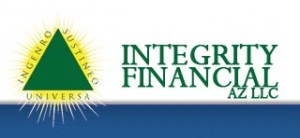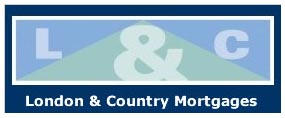Lloyds TSB has announced the launch of a new Fixed Rate Cash ISA, offering savers the opportunity to earn a competitive tax free rate up to 3.20 per cent.
Available from 16th February 2009, the new Fixed Rate Cash ISA rate is guaranteed for 12 months from  the date of account opening. Accounts can be opened with a minimum deposit of £3000 and will accept transfers from previous tax years.
the date of account opening. Accounts can be opened with a minimum deposit of £3000 and will accept transfers from previous tax years.
Janet Pope, savings and investments director at Lloyds TSB said: “In this unpredictable rate climate, savers are moving towards fixed rate products. The security of knowing exactly how much you will earn on your savings is invaluable in today’s uncertain environment. This product is ideal for those looking to get a guaranteed, tax free return on their nest egg.”
Nearly half (46 per cent) of ISA holders questioned by the bank say they will be opting for a fixed rate in the 2009/2010 tax year, with only 11 per cent willing to take a chance on a variable rate ISA. Just seven per cent of savers believe that interest rates will rise in the next 12 months, but almost a quarter (22 per cent) anticipate further cuts.
Janet Pope continued: “Now is not the easiest time to be a saver, as interest rates are at an historic low. This makes it more important than ever to utilise the tax free allowance available, but with the 2008/2009 tax year end looming on April 5th, six out of ten ISA holders have not yet taken full advantage.”
The findings show that 63 per cent of ISA holders have yet to use the full £3600 available to them, with a further 40 per cent admitting they do not have an ISA despite having savings elsewhere.
Research conducted by ICM online with 2000 UK adults in February 2009
A minimum deposit of £3000 is required
Customers may only make one deposit for the 2009/2010 tax year
About Lloyds TSB:
Lloyds TSB offers customers a wide range of current accounts, savings accounts, insurance, personal loans and credit cards, designed to meet different customers’ needs. Lloyds TSB Bank plc and Lloyds TSB Scotland plc are authorised and regulated by the Financial Services Authority and signatories to the Banking Codes. Lloyds TSB Bank plc Registered Office: 25 Gresham Street, London EC2V 7HN. Registered in England and Wales no. 2065.
Via EPR Network
More Financial press releases








 In October, the CPI (Consumer Price Index) measure fell from
In October, the CPI (Consumer Price Index) measure fell from  in September to 55 in October. Most significantly, this is the first rise since December last year – a sign that some form of economic recovery could be on the horizon, possibly as a result of the recent Government bank bailout scheme.
in September to 55 in October. Most significantly, this is the first rise since December last year – a sign that some form of economic recovery could be on the horizon, possibly as a result of the recent Government bank bailout scheme.


